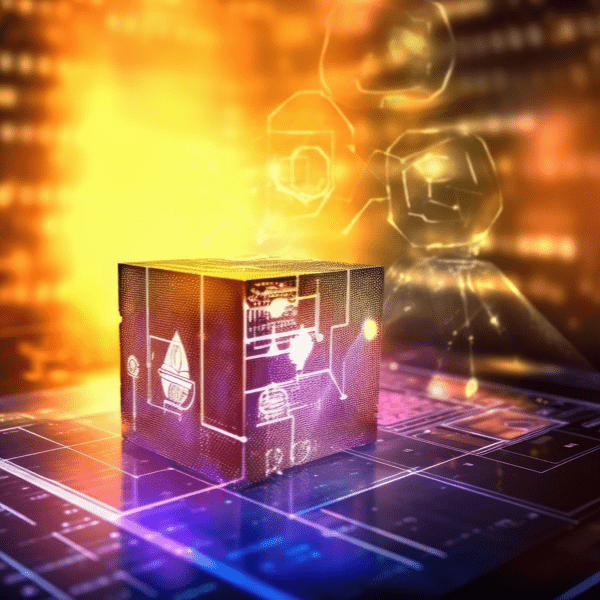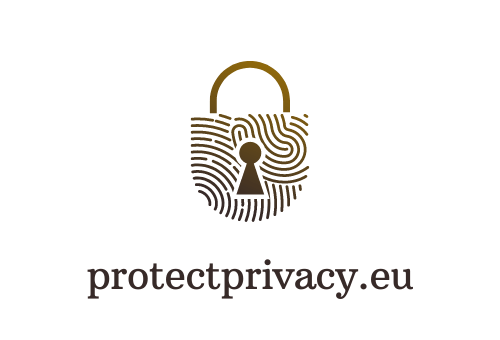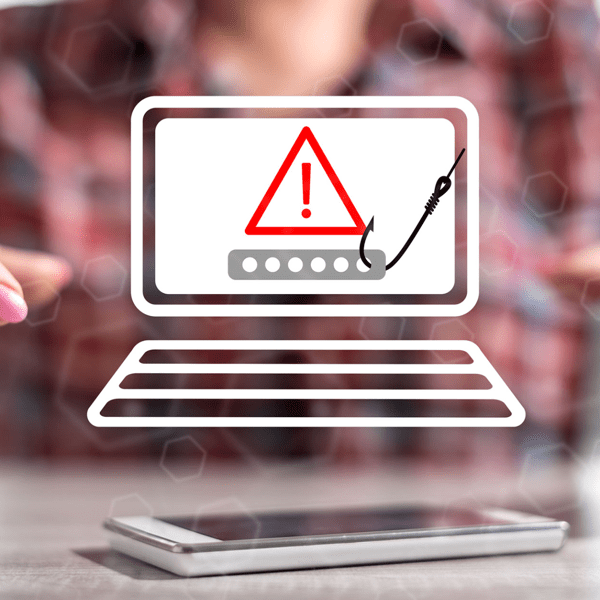Is Quantum Computing a Threat or a Boon for Cybersecurity and Privacy?

In the ever-evolving landscape of cybersecurity and privacy, quantum computing has emerged as a double-edged sword. On one hand, it promises unprecedented computational power that could potentially break traditional encryption algorithms, posing a significant threat to online privacy and cybersecurity. On the other hand, it also offers the opportunity to develop quantum-resistant encryption methods that could enhance security in the face of advancing technology. In this article, we will delve into the potential impact of quantum computing on cybersecurity and privacy and explore the measures being taken to mitigate potential threats.
Quantum Computing: A Paradigm Shift
Quantum computing leverages the principles of quantum mechanics to process information in a fundamentally different way than classical computing. Classical computers use bits as the basic units of data, which can be either 0 or 1. In contrast, quantum computers use quantum bits or qubits, which can exist simultaneously in states of 0, 1, or a superposition of both states. This unique property allows quantum computers to perform complex calculations exponentially faster than classical computers for certain types of problems.

The Threat to Encryption
The potential threat of quantum computing lies in its ability to quickly solve mathematical problems that form the basis of commonly used encryption algorithms. For instance, algorithms like RSA and ECC, widely used to secure communications, could be cracked in a fraction of the time it would take a classical computer, rendering sensitive data exposed and vulnerable to exploitation.
Quantum computers can efficiently solve the integer factorization problem, which underpins RSA encryption. Shor’s algorithm, developed by mathematician Peter Shor in 1994, demonstrated that a quantum computer could factorize large numbers exponentially faster than the best-known classical algorithms. Similarly, Grover’s algorithm can speed up the symmetric key search, potentially reducing the effective key length by half.
Quantum-Resistant Encryption: A Ray of Hope
Recognizing the looming threat, researchers and cryptographers have been actively working on developing quantum-resistant or post-quantum encryption algorithms. These algorithms are designed to withstand attacks from both classical and quantum computers, ensuring data security in the quantum computing era.
Lattice-based cryptography, hash-based cryptography, code-based cryptography, and multivariate cryptography are among the promising post-quantum encryption approaches. These algorithms rely on mathematical problems that are believed to be hard for quantum computers to solve efficiently. As a result, they offer a potential solution to maintaining privacy and security in the face of quantum advancements.
Read Next: Why Zero Trust Architecture Is The Future Of Online Privacy
The Importance of Quantum-Safe Migration
As the development of quantum computing progresses, organizations and individuals must proactively prepare for a quantum-safe future. This involves assessing current security protocols and encryption methods to identify vulnerabilities and gradually transitioning to quantum-resistant encryption algorithms.
Migration to quantum-safe solutions requires a strategic approach, involving collaboration between governments, businesses, and the academic community. Implementing quantum-resistant encryption in a timely and efficient manner is crucial to ensure a seamless transition and maintain the integrity of sensitive data.
Conclusion
Quantum computing presents both a threat and an opportunity for cybersecurity and online privacy. The computational power it offers can potentially compromise existing encryption algorithms, but it also sparks the development of quantum-resistant encryption methods. As we stand at the brink of a new era in computing, it is imperative that we remain vigilant, adapt, and embrace quantum-safe solutions to safeguard our digital world effectively. Stay informed, stay secure, and navigate the quantum landscape with resilience and foresight.







